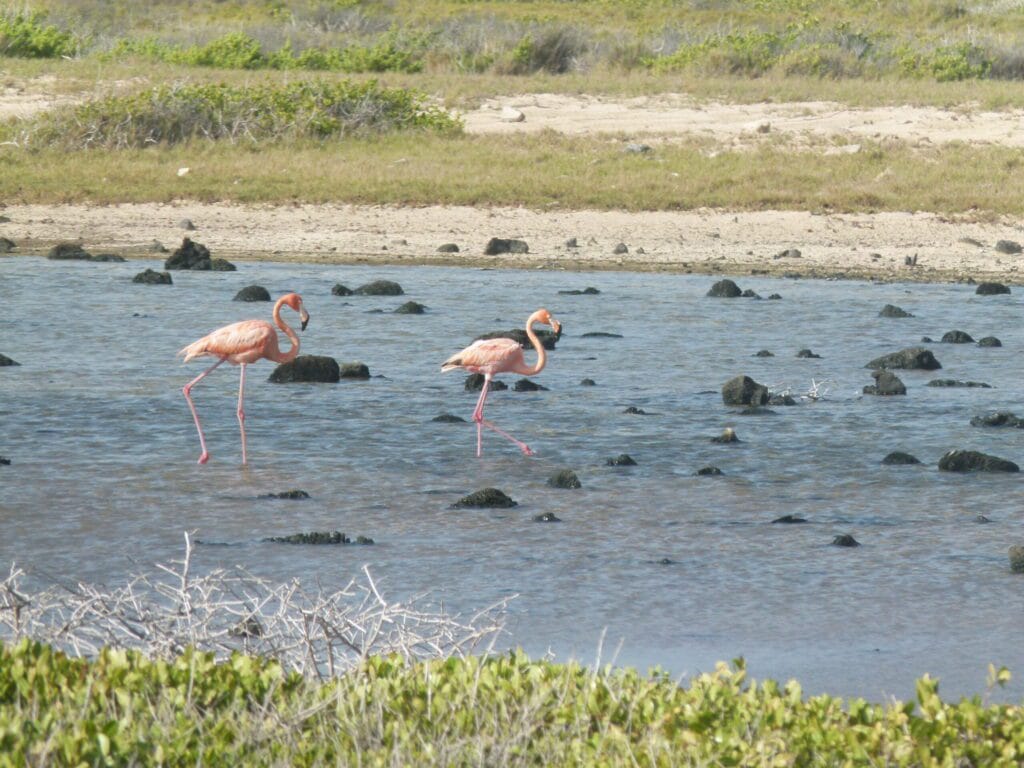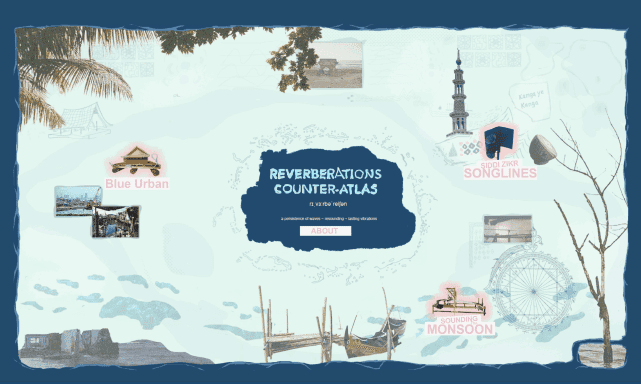Fieldwork: Penang, West Malaysia
Donor – Leibniz-ZMT Core Budget Funding (2017-2018)
PI – Dr. Rapti Siriwardane, along with Dr. Ines Gonzalez Viana, Dr. Lucy Gillis, Dr. Sabine Engel (STINAPA, Bonaire), Dr. Camilo Trench & Prof. Mona Webber (University of the West Indies, Mona, Jamaica), & Dr. Damian Willette (UCLA & Loyola Marymount University) – and with special thanks to the Dutch Caribbean Nature Association
The CIRCULATIONS project combined insights from coastal ecology and environmental anthropology by exploring dynamics around the arrival, spread and management of invasive species Halophila stipulacea, in dialogue with an older nuisance species macroalgae Sargassum sp. At its core it aims at exploring contemporary examples of “positive” species invasions – or those that are perceived in more ambivalent terms. The research thus aimed at: a) tracing ecosystem functions and services of the newly arrived Halophila stipulacea through a comprehensive literature review combining studies from the Mediterranean, the West Indian Ocean Region, and the Caribbean Sea; b) to study similarities and differences between the seagrass and an older ‘nuisance’ species (the macroalgae Sargassum sp.) – and also a suspected invasive – has been perceived across the policy-scientific knowledge landscape In two Caribbean island states – Jamaica and Bonaire.



